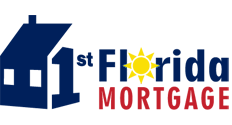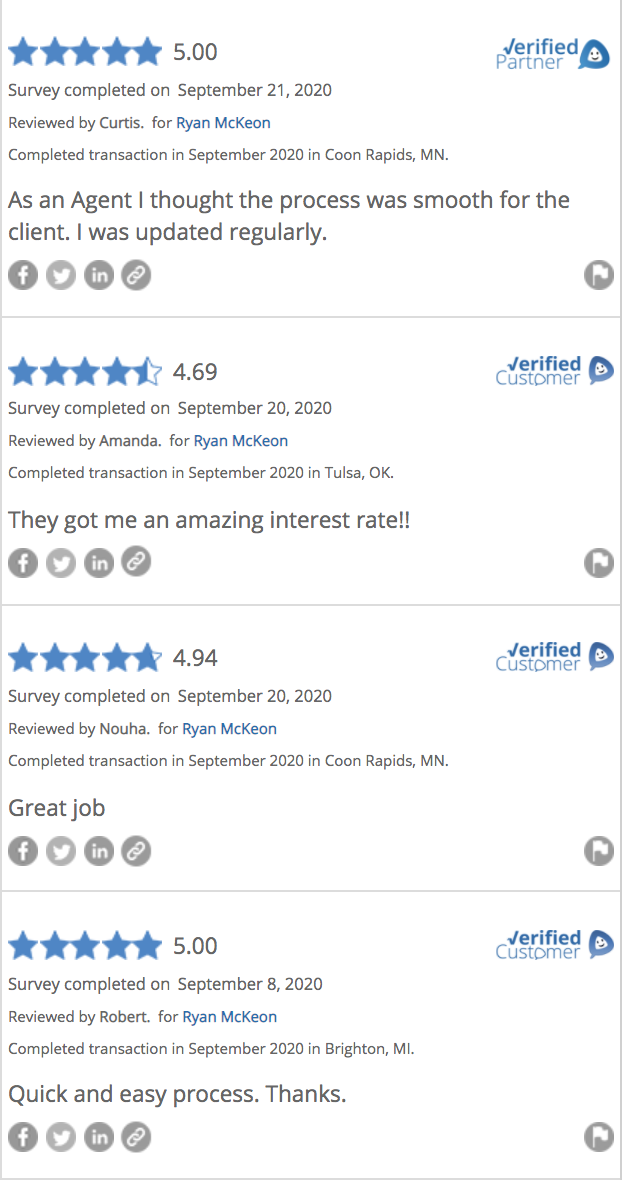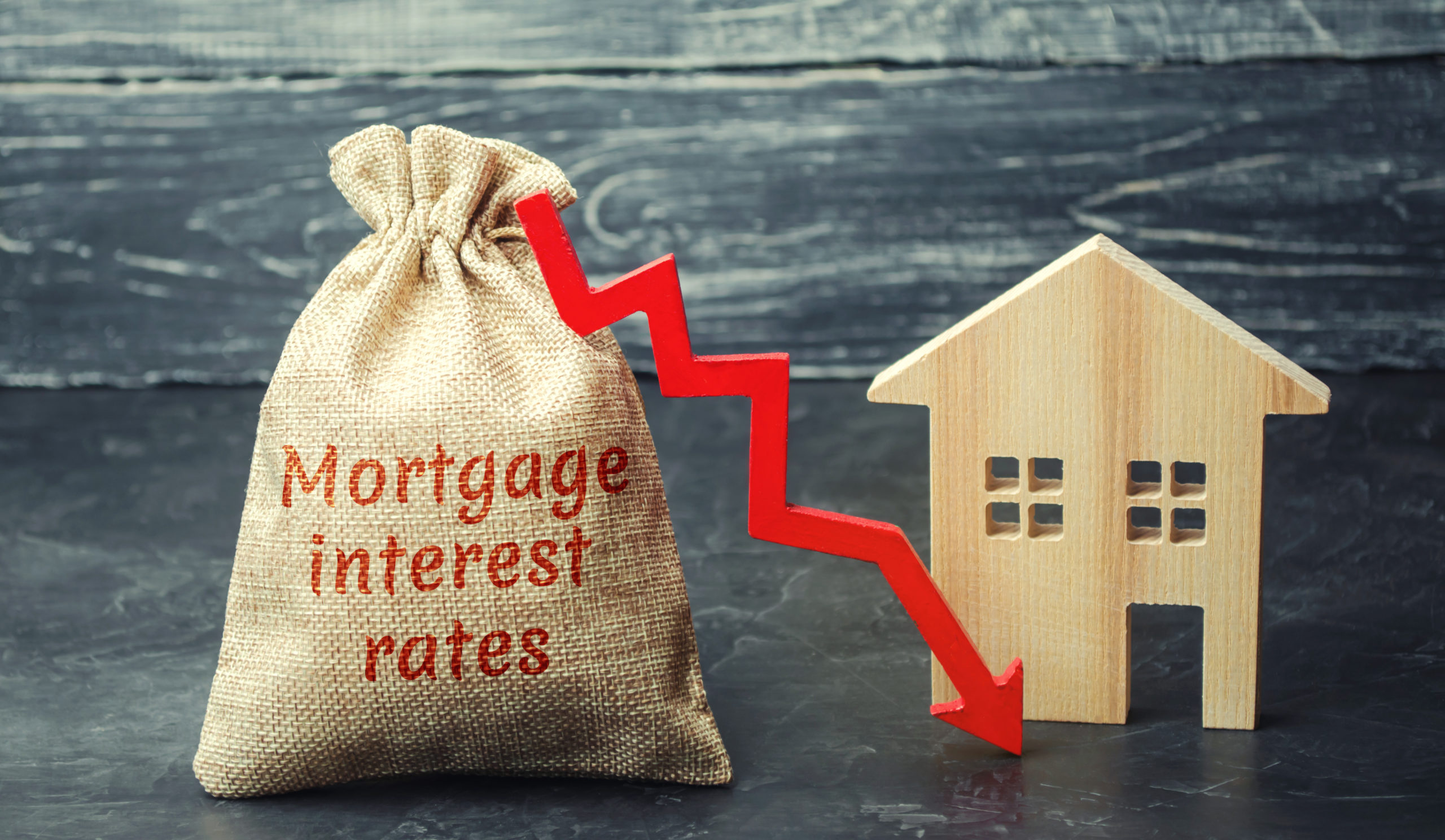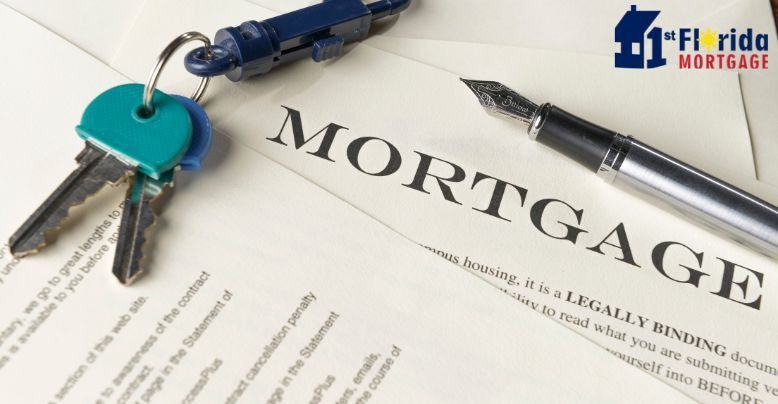Debt is a significant issue for many American households, including credit card debt as well as mortgages, auto loans, student loans, and medical expenses. It might seem as though there’s no relief from high-interest balances, but you can take steps to lower your burden. For homeowners an option is to consolidate debt and lower monthly bills by refinancing your mortgage. Mortgages usually have much lower interest rates than other forms of debt.
Refinancing Your Mortgage
One method is with a cash-out refinance. This refinancing allows you to turn the equity in your home into cash that you can use. You can choose to consolidate credit card debt using a cash-out refinance because you can make fixed payments on it over a set period of time, rather than paying a revolving balance every month. Many people use the funds to pay off high-interest debt, fund a large purchase, or finance a home improvement project.
If you’re considering a cash-out refinance, make sure you have enough equity in your home that the cash you take out won’t leave you with a loan-to-value ratio of more than 80%, post-refinance. If you exceed that ratio, you’ll have to buy private mortgage insurance, which can easily cost 1% of the loan value every year. On a $250,000 mortgage, that would be $2,500 annually.
When you choose this type of refinancing, you increase your mortgage balance by the amount of debt you’re paying off. Depending on the interest rate and terms you qualify for, this might cause your monthly mortgage payment to increase, so be cautious.
Also—consider the length of your mortgage. You probably don’t want to extend it to 30 years again if you’ve already paid several years off your mortgage. See if you can lower the term to 25 or 20 years. A shorter term would lower your mortgage rate even further and save money in interest. It could lead to a higher monthly mortgage payment, however.
Paying Down Debts
If you have debts that would take a considerable amount of time to repay, it makes more sense to use a cash-out refinance loan. If you have a situation like this and paying off your debt with a cash-out refinance loan makes financial sense, don’t forget there are some downsides. You put your home at risk if your situation changes and you can’t pay your new mortgage loan because your loan will default and the lender could foreclose. There are also substantial closing costs and fees to pay for the new mortgage loan. Make sure you’re aware of the risks before choosing this option.
There are other ways to tap into equity in your home to pay off debt. You could use the proceeds of a home equity loan to pay off high interest debts. Home equity loans work differently than cash-out refinance loans but usually have lower interest rates than credit cards, personal loans, and similar types of consumer debt.
You don’t get a big loan used to repay your current mortgage and keep the cash left over with a home equity loan. What happens is you keep your current mortgage and take out a second smaller loan for the amount you need to pay off debts. You get to choose your repayment period, which could last from a few years to a few decades. Just as with a cash-out refinance loan, there will be closing costs and fees to pay, and again your home is put at risk. If you choose a home equity loan with long repayment you have the potential situation where total annual interest costs could be higher even if though you lowered your interest rate.
You can usually take on one of these loans depending on your financial situation and the equity in your home. Consider all your options and find the loan that best fits your needs and goals.
First Florida Mortgage Can Help
At First Florida Mortgage, we are a Florida-based mortgage company. We want to help you through every step of financing your new home. Fill out the quick contact form or call First Florida Mortgage today at 1-800-501-2131 to speak with one of our Florida mortgage specialists and get a free good faith estimate.





